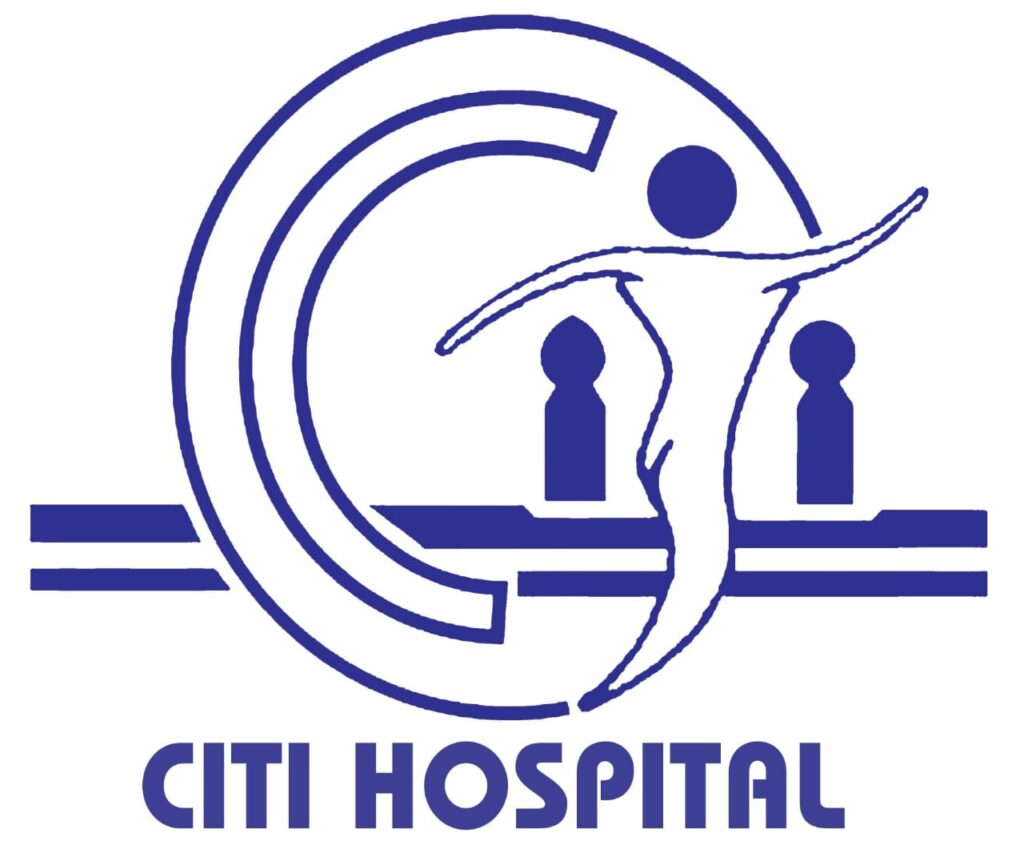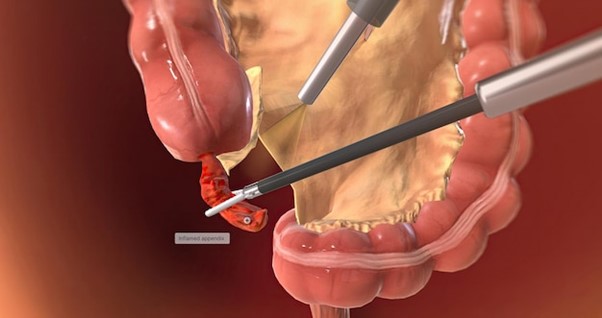An appendectomy is a surgical procedure performed to remove the appendix, a small, finger-shaped pouch that extends from the first part of the large intestine (colon) on the lower-right side of the abdomen. While its exact function within the human body remains somewhat of a mystery, the appendix can become inflamed and infected, a condition known as appendicitis, which typically necessitates surgical intervention.
Delving Deeper into Appendicitis
Appendicitis arises when the appendix becomes obstructed, often by a buildup of stool, a foreign object, or even a blockage of mucus. This obstruction can create a fertile ground for bacterial growth, leading to inflammation and infection within the appendix. As the infection progresses, the appendix begins to swell, causing increasing pressure within its walls. If left untreated, the appendix can rupture, releasing infectious material into the abdominal cavity, a life-threatening condition.
Recognizing the Signs: Symptoms of Appendicitis
The presentation of appendicitis can vary, but some common symptoms include:
- Abdominal Pain: This is often the initial and most prominent symptom. The pain usually begins around the navel and gradually migrates to the lower right abdomen. It can manifest as a constant ache or present in waves, and may intensify with movement, coughing, or sneezing.
- Loss of Appetite: An unexplained loss of appetite is a frequent indicator of appendicitis.
- Nausea and Vomiting: While not universally present, nausea and vomiting are common accompaniments to appendicitis.
- Changes in Bowel Habits: Constipation or diarrhea may occur.
- Low-Grade Fever: A mild elevation in body temperature may occur
- Tenderness and Rebound Tenderness: The lower right abdomen may become exquisitely tender to touch, and pain may worsen when pressure is applied and then suddenly released.
When to Seek Immediate Medical Attention
If you experience any of these symptoms, particularly if the abdominal pain is intense, persistent, or accompanied by fever, it is crucial to seek immediate medical attention. Prompt diagnosis and treatment of appendicitis are essential to prevent serious complications.
Navigating the Surgical Landscape: Types of Appendectomy
- Laparoscopic Appendectomy: This minimally invasive approach is the preferred method for most cases of appendicitis. It involves several small incisions in the abdomen through which a tiny camera and specialized surgical instruments are inserted. This technique enables the surgeon to see abdominal cavity and remove the appendix with minimal disruption to surrounding tissues. Laparoscopic appendectomy generally results in less pain, faster recovery times, and smaller, less noticeable scars.
- Open Appendectomy: This traditional method involves a single larger incision in the lower right abdomen. It may be necessary in cases of severe infection, a ruptured appendix, or if complications arise during laparoscopic surgery.
The Road to Recovery: Post-Operative Care
The duration of recovery after an appendectomy can vary depending on several factors, including the type of surgery performed, the individual’s overall health, and the severity of the appendicitis. Patients can return home within a few days after a laparoscopic appendectomy.
Post-operative care typically includes:
- Pain Management: Over-the-counter pain medications may be prescribed to manage any discomfort.
- Dietary Considerations: A gradual return to a normal diet is usually recommended, starting with clear liquids and progressing to bland foods as tolerated.
- Wound Care: Maintaining a clean and dry incision site is essential for preventing infection
- Activity Restrictions: Strenuous physical activity should be avoided for several weeks following surgery to facilitate proper healing
Preventive Measures: A Note on Lifestyle
While there is no foolproof method to prevent appendicitis, maintaining a healthy lifestyle can play a role in reducing the risk. A fibre rich diet can help promote regular bowel movements, which may help to prevent the formation of fecaliths (hardened masses of stool) that can obstruct the appendix. Staying well-hydrated is also important for maintaining optimal digestive function.
Citi Hospital: Your Partner in Quality Healthcare
At Citi Hospital, we are committed to providing the highest quality surgical care for patients undergoing appendectomy. Our experienced surgical team utilizes the latest minimally invasive techniques, emphasizing patient safety and a swift recovery.
If you suspect you may have appendicitis or have any concerns about your abdominal health, schedule a consultation with our expert surgeons at Citi Hospital. We are dedicated to providing personalized care and guiding you through the entire treatment and recovery process. Contact Citi Hospital today to schedule an appointment and prioritize your health.


